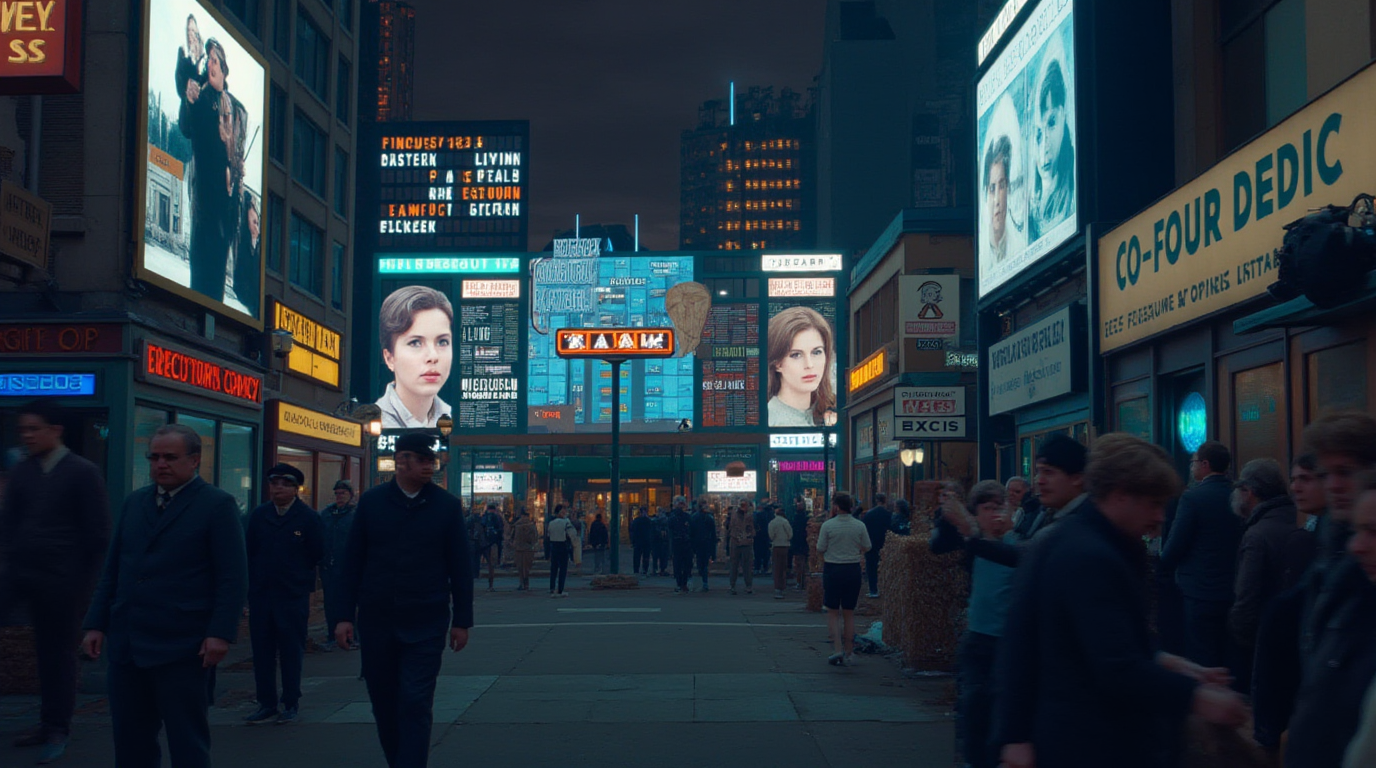
(The image was generated by artificial intelligence.)
The Dead Internet Theory is an online perspective that claims the internet has largely become devoid of human interaction and is now dominated by bots, algorithms, and artificial intelligence. According to this theory, the once authentic and vibrant digital space "died" around 2016-2017, giving way to a structure filled with automated content. This theory has become a subject of discussion in fields such as communication studies, digital culture, and technology ethics, as scholars seek to understand the transformation of the internet.
Historical Development
The theory posits that the internet was initially a user-centered platform but gradually underwent a transformation. In the 1990s and early 2000s, people actively created and shared original content through forums, blogs, and simple websites, making the internet a vibrant and interactive space. However, with the rise of social media platforms and the increasing influence of algorithms in the 2010s, content control began to shift. This period is regarded as the beginning of what the theory defines as the "death" of the internet.
2016-2017 is considered a turning point in the theory, as these years witnessed a notable increase in bot traffic and the use of artificial intelligence in content generation. Gaining popularity in online forums, particularly under a discussion thread in 2021, the theory argues that the internet is now saturated with fake interactions. Today, the commercialization of digital spaces and the widespread adoption of automated systems continue to increase the number of those who support this perspective.
Core Concepts and Assumptions
Bot Dominance
This refers to the claim that a significant portion of the internet is controlled by bots. These bots engage in commenting, sharing, and simulating interactions. The theory suggests that the number of real users is decreasing and considers the predominance of artificial online traffic as evidence. For example, when a post receives millions of likes, it may not be due to human activity but rather bot engagement.
Algorithmic Manipulation
This concept asserts that algorithms regulate content and influence user behavior. The theory suggests that individual autonomy in content consumption has diminished, while content aligned with specific agendas is promoted. For instance, if a particular topic is continuously recommended, it may be an indication of manipulation.
Decline of Human Interaction
The theory argues that real people are being replaced by artificial systems in the digital sphere. It posits that with the abandonment of forums and personal websites, individuals have become passive consumers. For example, discussions that were once active may now be dominated by automated comments, many of which appear strikingly similar, as if generated by the same source.
The theory assumes that the internet has ceased to function as an organic communication tool and has instead evolved into an artificial ecosystem. While contemporary research confirms that bots constitute a substantial portion of online traffic, whether this transformation constitutes a complete "death" remains a subject of debate.
Social Analysis and Its Role in Media
The Dead Internet Theory challenges society’s perception of the digital world. If the internet is indeed dominated by bots, individuals' access to information and their perception of reality could be at risk. For instance, verifying the authenticity of news may become increasingly difficult. This could undermine social trust and potentially drive people away from online spaces.
In media, the theory explains the artificialization of content production. Automated systems generate fast and cost-effective content, but this may come at the expense of originality and depth. Current data indicates that a significant portion of online traffic originates from bots, leading to the claim that media is both a tool and an illusion.
On a societal level, the theory argues that individuals are becoming more passive and susceptible to manipulation. For instance, if false information about a subject spreads, people may accept it without question. This could even have implications for democratic processes. The theory underscores the need to reassess the societal role of the internet.

